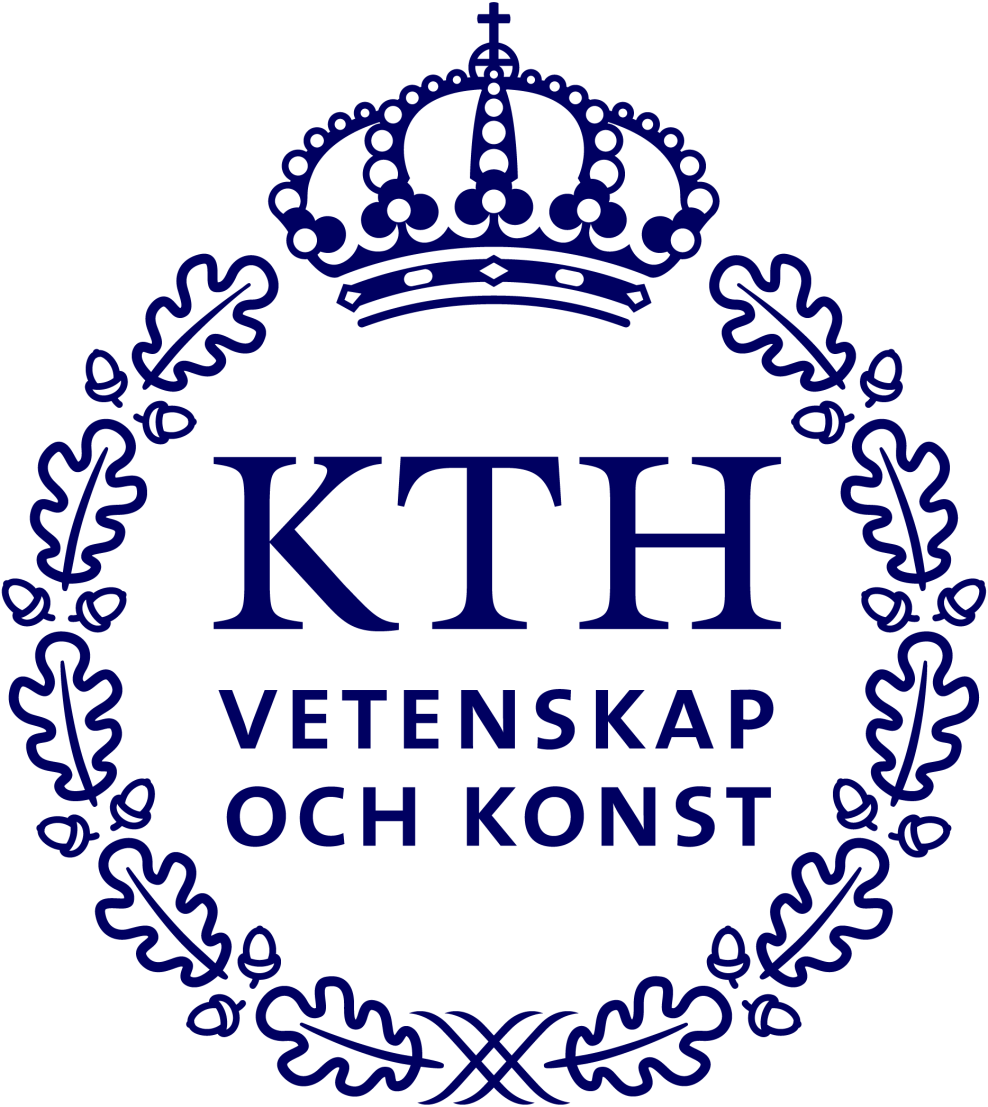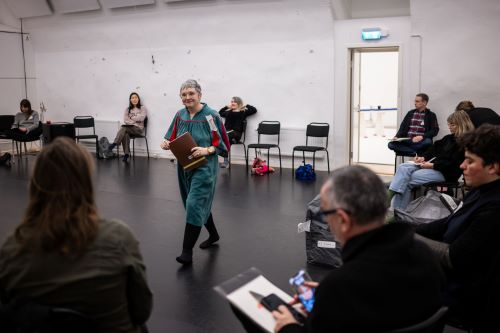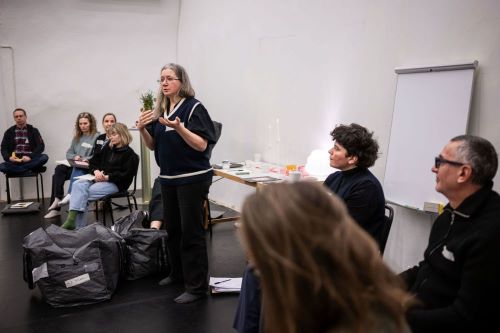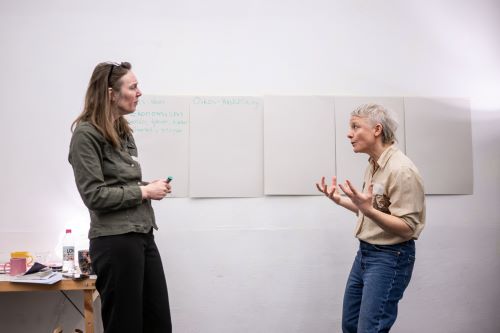Unlearning the old: Artistic methods challenge the frameworks of urban planning
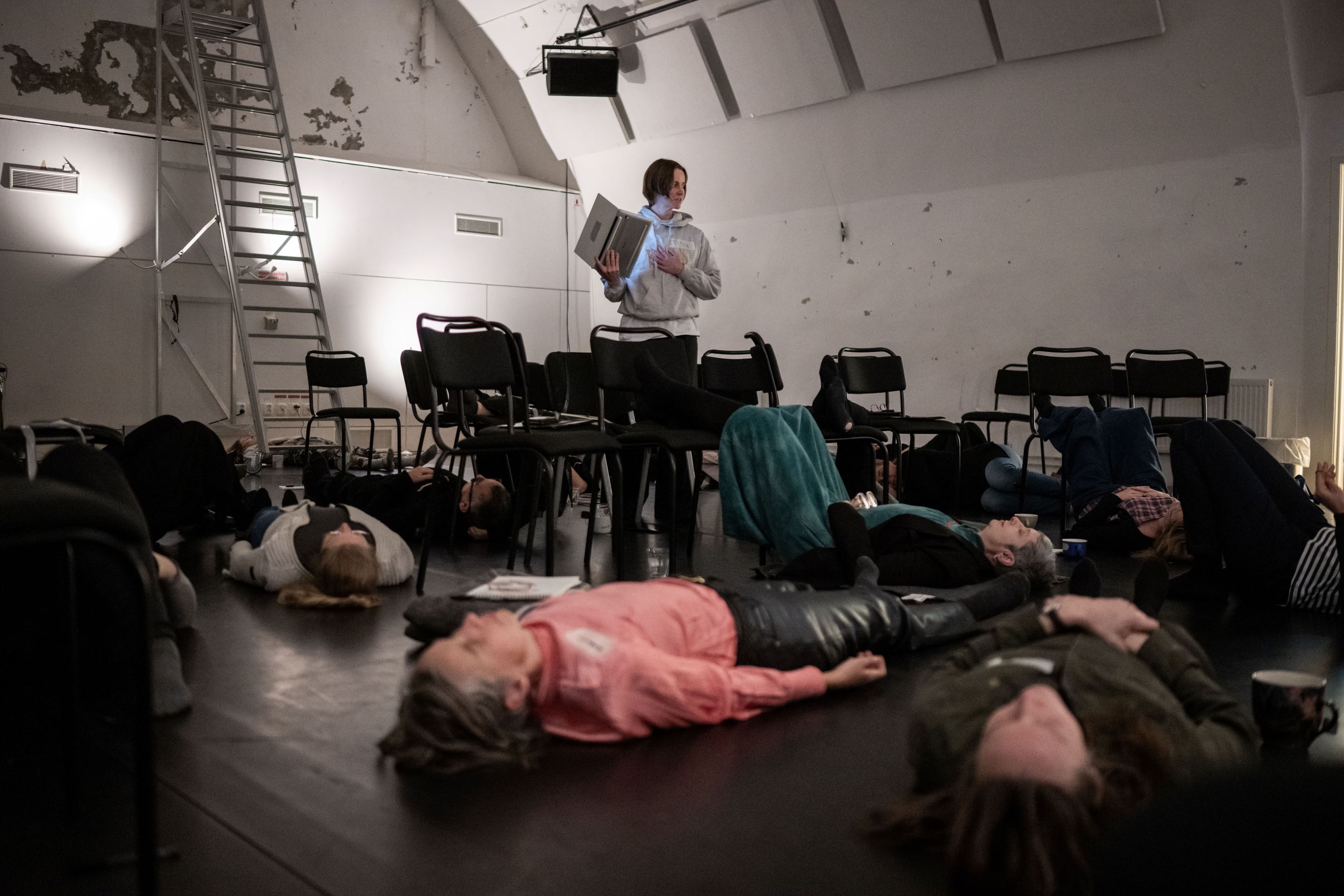
"Salon of trouble: artistic research methods for transformative urban and transport planning" is a PhD/postdoc project within TRANSPLACE. Below, Lina Isacs (Postdoc, Uppsala University) and Gunilla Edemo (PhD candidate, Södertörn University) describe the interdisciplinary and experimental methods they use, as well as their work with civil servants.
What do you mean by reflexive capacity?
In order to reach established climate and sustainability goals, urban development and transport planning are in need of new ways of working. This requires not only learning but also unlearning – letting go of taken-for-granted ideas and practices without immediately knowing what will replace them.
The project stems from the need for greater reflexive capacity. Reflexivity means critically examining and reflecting on one’s own ways of thinking, which can open up new perspectives, expand the room for action, and increase the sense of meaning in planners’ work.
“Previous research shows that methods where practitioners are given time and space for joint reflection are important for such change. In today’s administration, alarmingly little space is given for this, and as a result, old, unsustainable ideas risk becoming taken for granted,” says Lina Isacs.
The project explores logics referred to as economistic – where monetary measurability and “efficiency” dominate – which are typically assumed to be necessary, but that many experience as obstacles to new approaches for sustainable social development.
What is a ‘salon’ and why do you use this method?
Central to the project are the four salons held on Skeppsholmen in Stockholm, two at the premises of Statens Konstråd and two at the Moderna Dansteatern. A salon can be seen as an experimental environment where participants are offered artistic expressions and existential conversations, in order to create space for new perspectives and challenge what is taken for granted. In the salons, we explore art’s potential to unsettle and create new frames of reference in processes where traditional structures are otherwise hard to shift. Participants experience artworks without knowing in advance what they “stand for” (an exercise in not-knowing), write about so-called “friction” (which can be understood as conflicting feelings, not always verbalized, where no simple course of action exists), and engage in group and individual reflection exercises.
“We think that frictions have value and can capture broader social themes. To capture them is a way of making visible how one works and one’s practice. We believe this can strengthen one’s judgment, broaden one’s thinking, and thus clarify the scope of action available, but also the possibilities for resistance within the role of civil servant,” says Gunilla Edemo.
The four salons are carried out during 2024 and 2025 with participants from, among others, the Trafikverket, Region Stockholm, and several municipalities.
“This is an opportunity to test radical approaches to creating new ways forward. The experiences can make visible the transformative work already happening on the margins and driven by civil servants, but which today’s structures often render invisible. We hope to inspire other actors and strengthen knowledge about the role of art for reflexivity, and for sustainable urban development,” concludes Lina.
